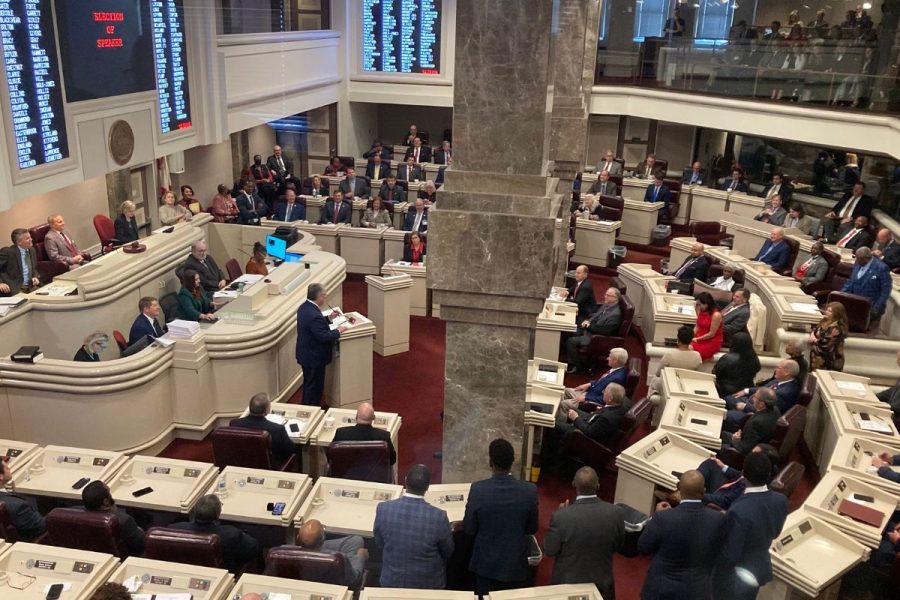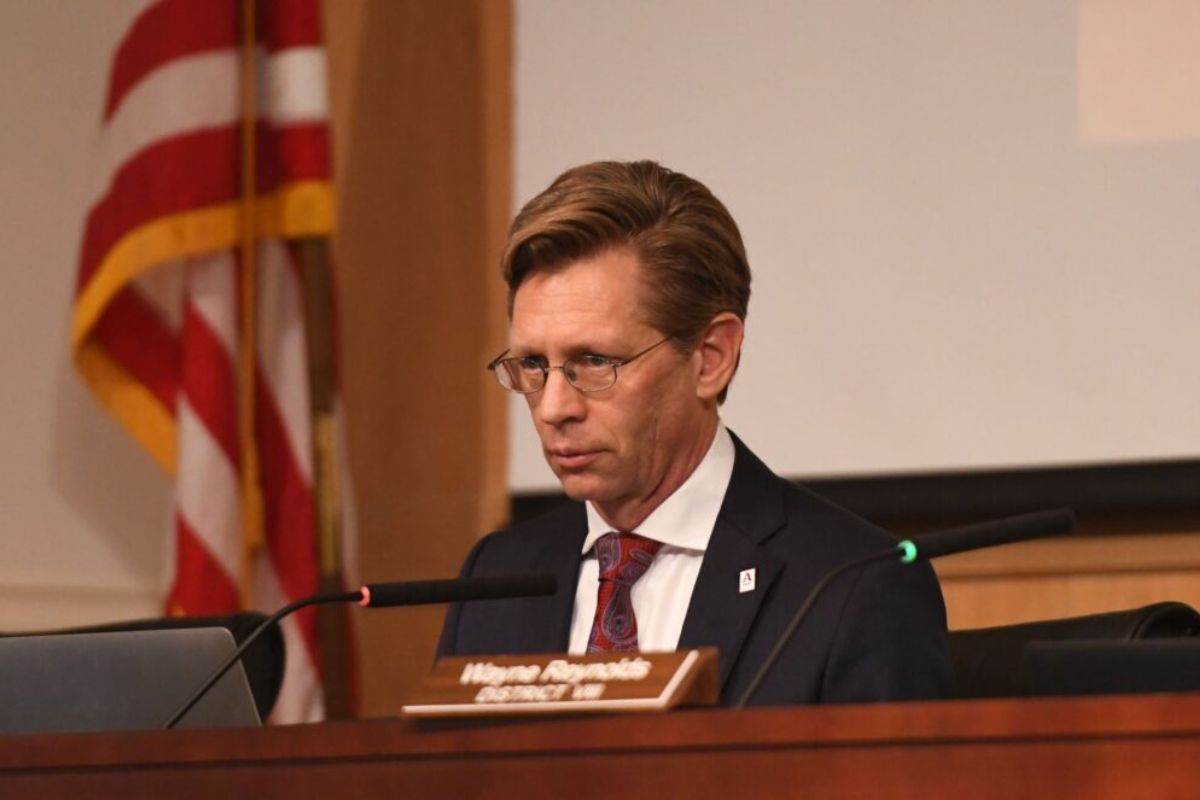Alabama Superintendent Raises Alarm: State Superintendent Eric Mackey of Alabama recently sounded the alarm on several legislative bills currently under consideration in the state. These bills have sparked concerns within the education community, prompting Mackey to speak out on their potential impact.
As the superintendent highlights potential consequences, the bills’ details and implications remain under scrutiny. The reactions from various stakeholders have been mixed, with justifications being put forth by proponents of the legislation.
With the future of education in Alabama hanging in the balance, the unfolding developments in the legislative process are being closely monitored.
Concerns Raised by State Superintendent Eric Mackey
State Superintendent Eric Mackey expressed serious concerns regarding the impact of five legislative bills on Alabama’s public education system during a recent work session of the Alabama State Board of Education.
Mackey highlighted the potential consequences these bills could have on the quality of education provided to students across the state. One of the primary concerns raised by Mackey was the potential for decreased funding for essential educational programs if these bills were to be enacted into law. He emphasized the importance of adequate resources in ensuring that students receive a high-quality education that prepares them for future success.
Additionally, Mackey expressed apprehension about the proposed changes to educational policies and procedures that could result from the implementation of these bills. He stressed the need for stability and consistency in the education system to facilitate effective teaching and learning practices.
Mackey’s concerns underscore the importance of carefully evaluating the potential impact of legislative decisions on the state’s public education system to safeguard the interests of students, educators, and communities.
Overview of the Bills
Eric Mackey’s concerns regarding the impact of legislative bills on Alabama’s public education system prompt an examination of the specific areas covered by these proposed measures. The bills encompass a range of education policy areas, including alternative teacher certification, online testing, property tax caps, tax credits for non-public education expenses, and additional graduation requirements. These proposed measures have significant implications for the state’s educational landscape and are under scrutiny for the potential effects they may have on students, teachers, and the overall quality of education in Alabama.
| Area | Description |
|---|---|
| Alternative Teacher Certification | The bill proposes changes to the process through which individuals can become certified teachers. |
| Online Testing | This aspect focuses on the use of online platforms for conducting student assessments. |
| Property Tax Caps | The bill aims to limit the amount by which property taxes can increase, affecting school funding. |

ALSO READ: Lawmaker Pushes to End Nitrogen Gas Executions
Reactions and Justifications
The sponsors of the legislative bills have staunchly defended their proposals, citing aims to enhance access, accountability, and taxpayer protection despite concerns raised by education officials regarding potential consequences.
While the sponsors emphasize the intentions to improve educational opportunities and financial transparency, State Superintendent Eric Mackey and other education officials remain apprehensive about the implications of these bills. Their primary worries revolve around the possible dilution of academic standards, threats to the integrity of assessments, and the financial burdens that may be imposed on school districts.
Mackey’s alarm stems from a deep commitment to upholding the quality of education in Alabama and ensuring that students receive a robust academic experience. The sponsors, on the other hand, maintain that their proposals are necessary steps towards reforming the education system and ensuring that resources are allocated effectively.
As the debate continues between the bill sponsors and education officials, the potential impacts of these legislative measures on Alabama’s educational landscape remain a point of contention.
Future Outlook and Legislative Process
Amid the ongoing dialogue between legislative sponsors and education officials in Alabama, the future outlook for proposed bills and the legislative process remains pivotal in shaping the state’s educational landscape. Both sides show a willingness to engage in discussions and potentially collaborate to address concerns and reach common ground. The fate of the bills lies in the ongoing legislative process, where they may encounter opposition that could lead to modifications before final decisions are made, ultimately affecting Alabama’s education system.
- Collaboration between sponsors and officials crucial for bill success
- Potential for opposition and modifications during the legislative process
- Final outcomes of bills to significantly impact Alabama’s education system
- Dialogue and cooperation essential for navigating challenges and finding solutions
News in Brief
Alabama Superintendent Raises Alarm Over Education Bills. State Superintendent Eric Mackey has raised concerns over legislative bills impacting Alabama’s education system. Mackey emphasized potential consequences, including reduced funding and policy changes, during a recent State Board of Education session. The bills cover areas like teacher certification and tax credits for education expenses.
Sponsors defend aims to enhance access and accountability. However, Mackey and education officials worry about dilution of standards and financial burdens on districts. As debate ensues, the bills’ fate hinges on ongoing legislative processes, with potential for modifications. Collaboration between sponsors and officials is crucial for navigating challenges and finding solutions for Alabama’s education system’s future.

